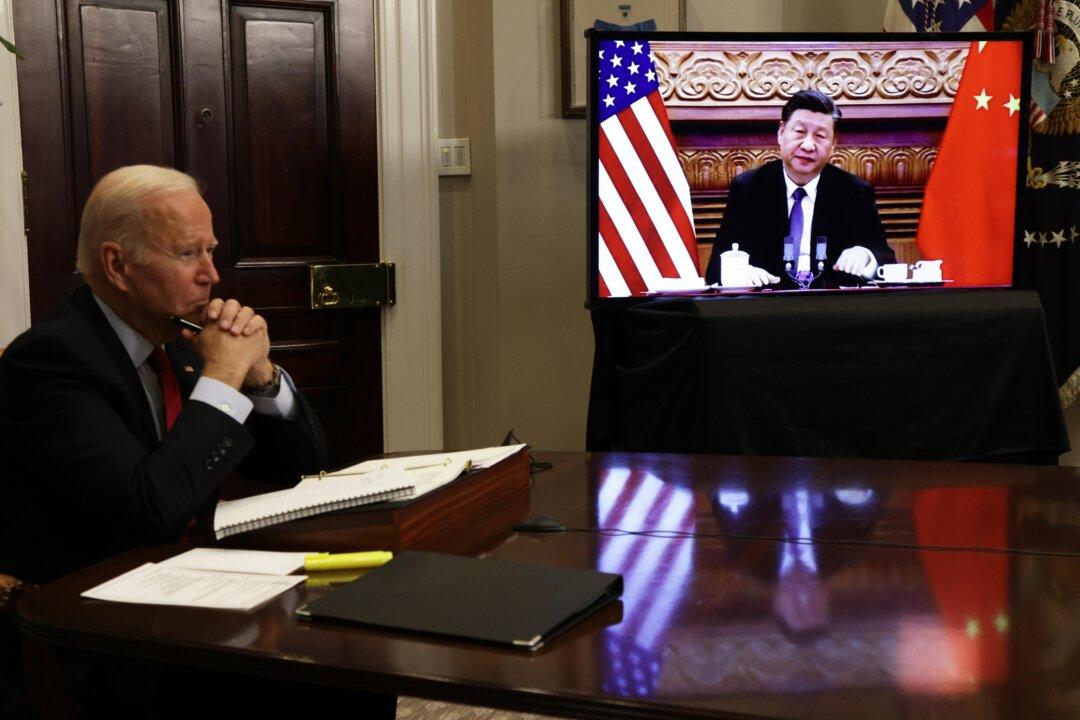Commentary
Earlier this month, at a fundraising event, President Joe Biden referred to the economy of China as a “ticking time bomb.” What are we to make of this remark?

Earlier this month, at a fundraising event, President Joe Biden referred to the economy of China as a “ticking time bomb.” What are we to make of this remark?